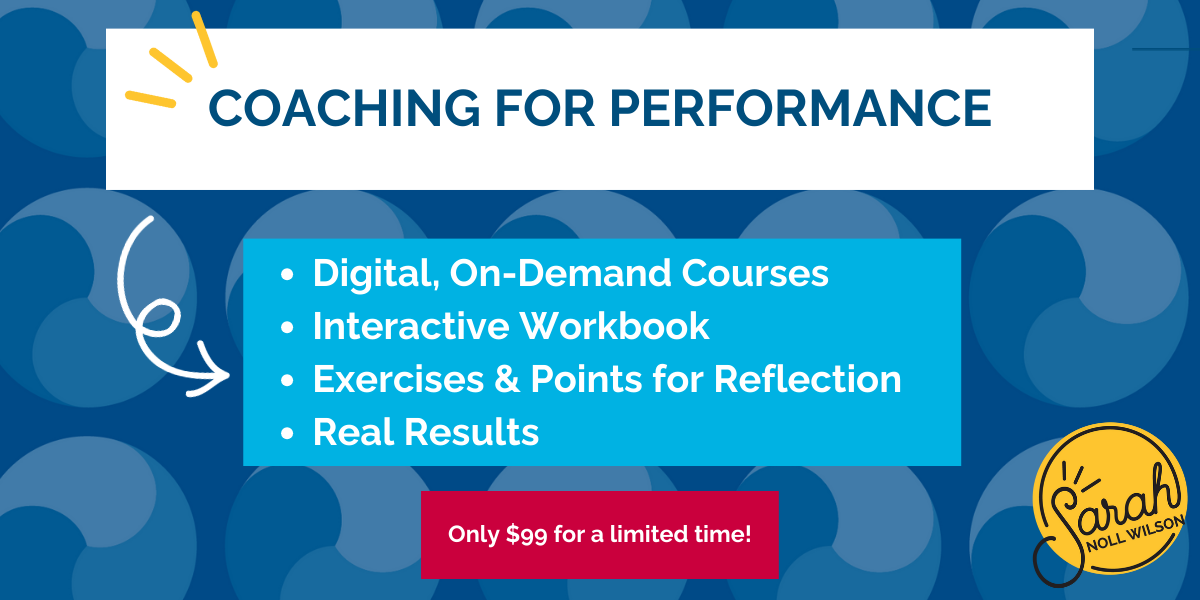
I am rounding out my trio of retrospectives with this final installment: Trust.
In any workplace, trust is essential. Team members must trust that you have their best interests at heart, and leaders must trust that their teams are competent and reliable. Without trust, it can be challenging to get anything done. But how can you build trust in the workplace?
We often over-complicate what it takes to build trust between ourselves and others. We can influence someone’s feelings of trust, but we don’t get to decide how trustworthy we are. The other person does.
At its core, trust is built from three correlating behaviors: Authenticity, Logic, and Empathy. At SNoWCo, we call this fundamental framework the Trust Triangle.
The Trust Triangle
We talk about a few things regularly in our coaching and workshops. One of the most common is you are building, sustaining, or decreasing trust every moment.
The one thing we need to understand about trust is that, on the one hand, there’s a complexity to trust because what everyone values and needs will be different based on every situation. What you might require from a doctor to trust them will be vastly different than what you might need from, say, an electrician making repairs in your home. What you need from your partner will be other than what you need from your colleagues.
AUTHENTICITY
Are you who you say you are? You might be saying, “Well, of course, everyone’s authentic.” And in our work, we know that not necessarily to be true. Sometimes we think we show up in a way, but we don’t always show up in a way that we believe may be or hope we would.
A great example of this gap between our intention and our impact is using the idea of an ‘open-door policy.’ Some leaders say they have an open-door policy, and when that is tested by bringing ideas or concerns that challenge, that same leader will often get defensive or threatening.
Genuine authenticity is about being transparent and reflecting on the things most important to you, your values, the impact you want to make, and the self-awareness to identify if you are making that impact.
Journal it: Start to identify your values and non-negotiables. What are you doing or not doing to live those values? How would someone know what is important to you?
LOGIC
Logic isn’t simply how we think. It’s also what we believe and how we communicate those things.
This is incredibly subjective and will vary from person to person, but it is essentially about understanding how you, the leader, think through things and reach decisions.
Journal it: Do your team members trust the way you arrive at your conclusions, even if they might disagree with the decisions you come to? Do they trust that you’ve considered different perspectives?
EMPATHY
Empathy is the part of the trust we have the most control over in the workplace. Empathy is our ability to consider others’ perspectives and lived experiences and communicate that you have your team members’ backs in the moments it’s needed.
You may also like: [PODCAST] Building Trust with Employees (pcty talks)
These are all behaviors leaders can do to help increase trust within their team. And the reality is it won’t ever just be one thing that drives the way trust grows and evolves within your group; trust lives on a continuum, and everyone is going to be at different spots in that continuum at any given time and will move along that continuum in other ways with every action, or inaction, taken.
The thing that we know is that consistency of behavior and how you show up is essential. So as leaders, one of the things we can do is do the self-work of knowing ourselves and making sure we’re showing up in a genuinely aligned way with the impact we want to make, never just going through the motions of thinking we are without doing that.
High-Trusting Relationships Freely Share Feedback
Another way to build trust is to check in with the team members you support. The act of asking for that feedback and what you do with that feedback can also start building those levels of trust.
I know that even though I work hard to be trustworthy and approachable, there is still likely feedback my team members will keep from me. Or they wait until later, and I wonder why they waited so long.
Even with all our work, I never want to assume that my colleagues will be 100 percent comfortable being honest with me. I instead believe they are not and work harder to gain their trust.
If you genuinely want to be someone people feel safe with, assume they do not feel comfortable delivering feedback to you.
Start by asking, “What should I continue doing that makes you feel valued, that makes you be able to do the work you want to do, to show up powerfully for you? What could I do new or differently?”
And when you receive the feedback, acknowledge it with something as simple as “Thank you for sharing your perspective with me.”
Must-Watch Video: A Conversation on Appreciative Inquiry with Amanda Trosten-Bloom
Stress Responses Play a Role in Trusting Relationships
Not all feedback is easy to hear. How you initially respond to feedback can increase or decrease the psychological safety your team members feel with you.
A few years ago, I came across this article on Thrive Global by Leanne Williams, Ph. D., founder of the Stanford Center for Precision Mental Health and Wellness. I reference it to this day.
I’m a big fan of neuroscience, and I like to know the why behind what I’m experiencing. The short version: biology interferes under periods of extreme negative stress, and our brains short circuit. Dr. Williams and her team identified six ways the brain short circuits and nurtures the right environment for adverse mental health symptoms. These are called stress response biotypes.
It’s essential to know how stress may show up in your behavior so that you can build a practice of catching those behaviors that deteriorate trust between yourself and your team members and peers.
Celebrate the Catch
As you develop a regular practice of self-awareness and reflection, you may start to catch yourself after a behavior has happened. Or during the behavior. Or, after much training, you may begin to notice the sensations before they bubble up.
And when you catch yourself, no matter when I want you to celebrate it. Celebrate that you noticed it with a pat on the back and a ‘How interesting!’
And after you’ve celebrated, I want you to face the emotion and press deeper. Don’t shame yourself, and don’t get frustrated with yourself. Instead, lean into what triggered you. You may feel new emotions like shame, loss, or anxiety.
Keep leaning into the feeling.
Consider what has been happening that would have caused this emotion to come to the surface. Is it biological (when did you eat last? Are you stressed? Tired?)? Is it something else (a value being bumped against? Fear of loss?)?
Note what comes up for you and sit with it for a little while. Let your body and mind remember the feeling so that you can catch it sooner next time.
___
“I trust you” Is one of the most powerful compliments we can give.
So often, people will tell me, “I trust them completely.”
I’ll ask, “have you told them that? Most people respond, “no, hadn’t thought of that.”
Today, tell someone you trust today how important they are to you.
Sarah Noll Wilson is on a mission to help leaders build and rebuild teams. She aims to empower leaders to understand and honor the beautiful complexity of the humans they serve. Through her work as an Executive Coach, an in-demand Keynote Speaker, Researcher, Contributor to Harvard Business Review, and Bestselling Author of “Don’t Feed the Elephants”, Sarah helps leaders close the gap between what they intend to do and the actual impact they make. She hosts the podcast “Conversations on Conversations”, is certified in Co-Active Coaching and Conversational Intelligence, and is a frequent guest lecturer at universities. In addition to her work with organizations, Sarah is a passionate advocate for mental health.



